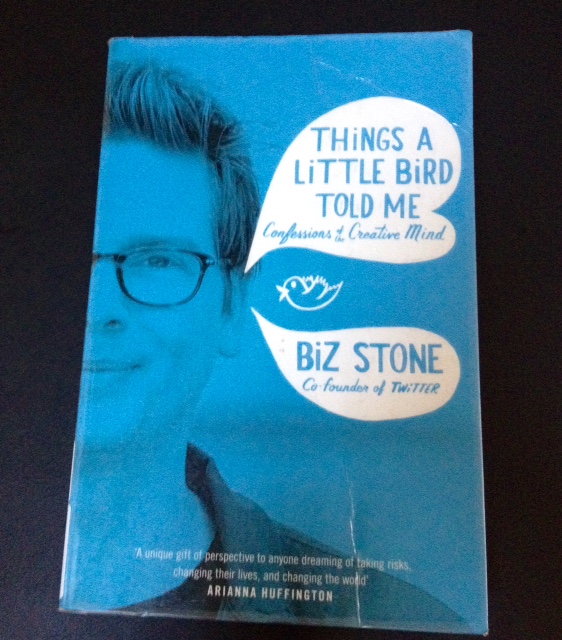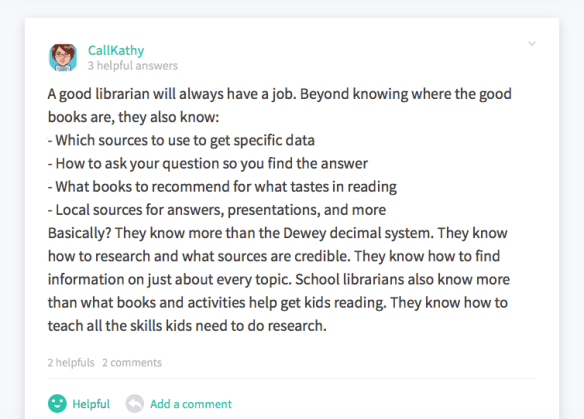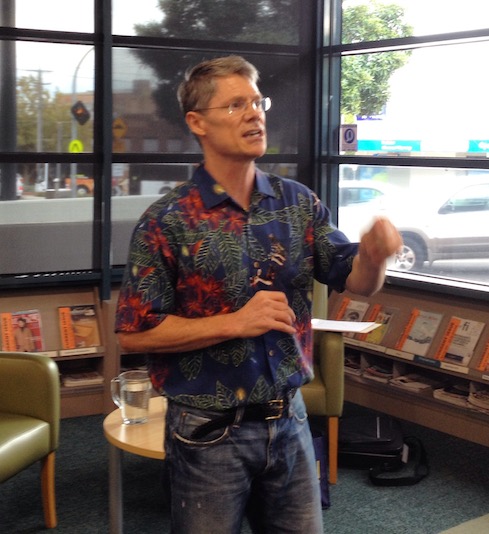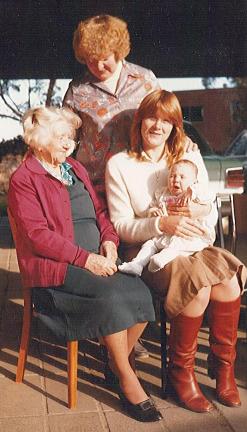In this exciting politically incorrect episode you get to Choose Your Own Library Adventure based on two possible scenarios:
Scenario 1 – The Community Lounge Room
The automatic doors open on time and in you hustle with the crowd of others from the community: seniors; pensioners of all ages; those needing care and their carers; the unemployed; homeless people; parents; children; babies; toddlers; teens; students; the aimless; business people; travellers; visitors; group members attending meetings; and the curious.
The people carry bags, phones, backpacks, coffee, water, food, shopping, books, DVD’s, CD’s, coats, laptops, hats, toys, and not a pen amongst them.
Many arrive on wheels: strollers; walkers; motorized scooters; shopping trolleys; wheel chairs; and skateboards.
This community library is inclusive, caters for all, is paid for by taxpayers, and welcomes everyone without obstacles, barriers, judgment or discretion.
Everyone makes themselves at home settling in for a few hours or the day. There is shelter, warmth, comfort, food, hot and cold drinks, and others to interact with. Everyone is free to eat, drink, talk, read, play games, surf the Internet, laugh, gamble online, shout, scream, run, dance, play music, run a business, study, research, argue, and put their feet up without concern or bother. Indeed they are entitled to do so.
This is The Community Third Place; the lounge room for the town; a makerspace; the library of the present, hopefully morphing into some similar version of the Library of the Future where community wellbeing predominates.
Personal hygiene in this community lounge room differs notably and is commented upon by customers and staff. What to do about this while remaining ‘pc’?
Random screams punctuate the day with too much frequency. These erupt from over excited children, and unfortunate adults forever anchored with the minds of toddlers.
Derelict and homeless people shuffle to their daily corner, rummage through their plastic bags for snacks, before sleeping the day away.
Damaged and disappointed people approach the library staff for assistance with a mixture of fear, bravado, entitlement, envy, and try to persuade or bully their opinions, complaints, and excuses, to further bend the flimsy policies to suit themselves. The “SHUSH” disappeared and the avalanche of guidelines for good behavior followed. Do what you want – make this space.
Custodial protection of our precious printed and digital words and knowledge is deemed to be of no real worth or value. Come take it – it is yours afterall.
Scenario 2 – The Quiet Study
This unassuming small shop/office has small quaint signs to let you know this is a “Library”. It is unapologetic in the retro feel that values books, ideas, and knowledge. It requires a membership application to join; beyond the usual personal ID with current address, a questionnaire is filled in, a deposit for the annual membership payment is made, and then the potential member must wait until the application is successful on approval by the management. A typical question might be: Name the title of your favourite book when you were a child. And: Name ten of the books you read in the past year, and please provide a short review of each. Etc.
Once approved, paid-up, signed the agreement to the terms and conditions, and have your library membership card, you are free to use the services. So you enter, sign in at the front desk, leave your bag, phone, and all belongings in a locker-room. There is water available in the foyer, but no drink or food is allowed in the Library. You are allowed to bring in a notepad (print or digital) and that is all.
The inner library has shelves full of books. There is no WiFi. There is not Internet access, other than pc’s with the digital resources provided by the library. There are no DVD’s, no music CD’s. There are pc’s for the library catalogue. There is a separate room for the printer, photocopier, fax machines available for the usual fees to library members. There are desks and seats scattered around for research, reading, writing, and study purposes.
There is no talking allowed. SHUSH reigns supreme. Talk and you are out. Repeat offenders have their memberships cancelled with no refund. Conversations with Master Librarians are done in whispers at the front desk.
The Library closes at lunch-time for everyone to go and have an unhurried meal. The Library reopens in the afternoon and then again in the evenings.
Although just offering books for browsing and borrowing, these include fiction, the classics, non-fiction, beautiful coffee-table books, books in a variety of languages as well as English, journals in print and digital format, and small collections for children and teens.
This is a place for quiet study and reflective practice. It is for personal enquiry and discovery. The resources are cared-for and protected. If you run, destroy property, speak loudly, act with entitlement, not pay your dues, or interfere with others, your membership will be cancelled for the year with no refund.
Choose Your Own Adventure Library
So do you want the maker-space, community lounge room complete with screaming people, for random, multi-purpose, entertaining, every person, public library/asylum?
Or are there some quiet unassuming people out there who want to return to the days of library shush, for a quiet space to study, learn, read great literature, and formulate new knowledge? And you would happily pay the annual membership?
Perhaps there is another alternative that I have not considered, apart from our excellent Academic libraries where students are the members.
What do you think?








